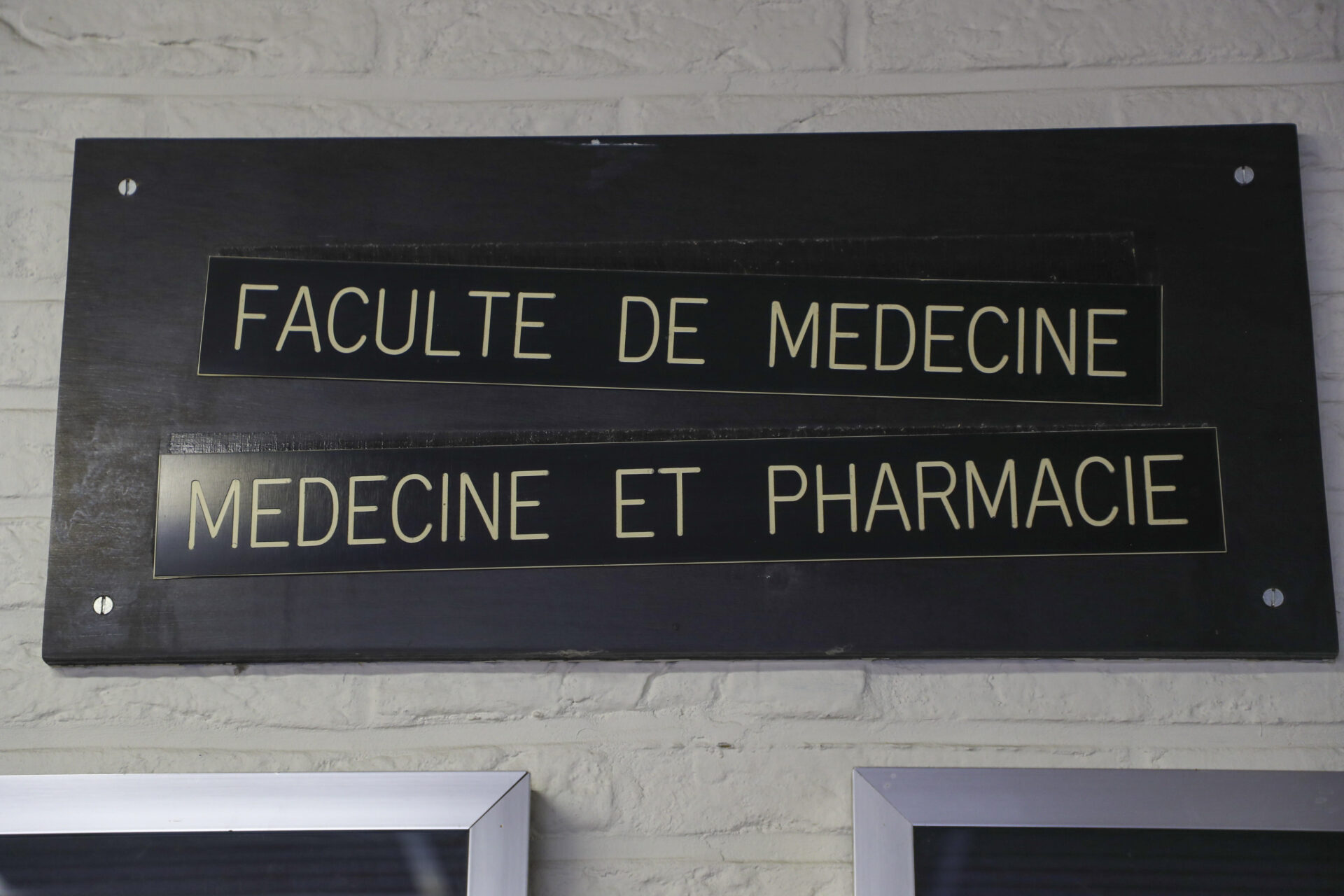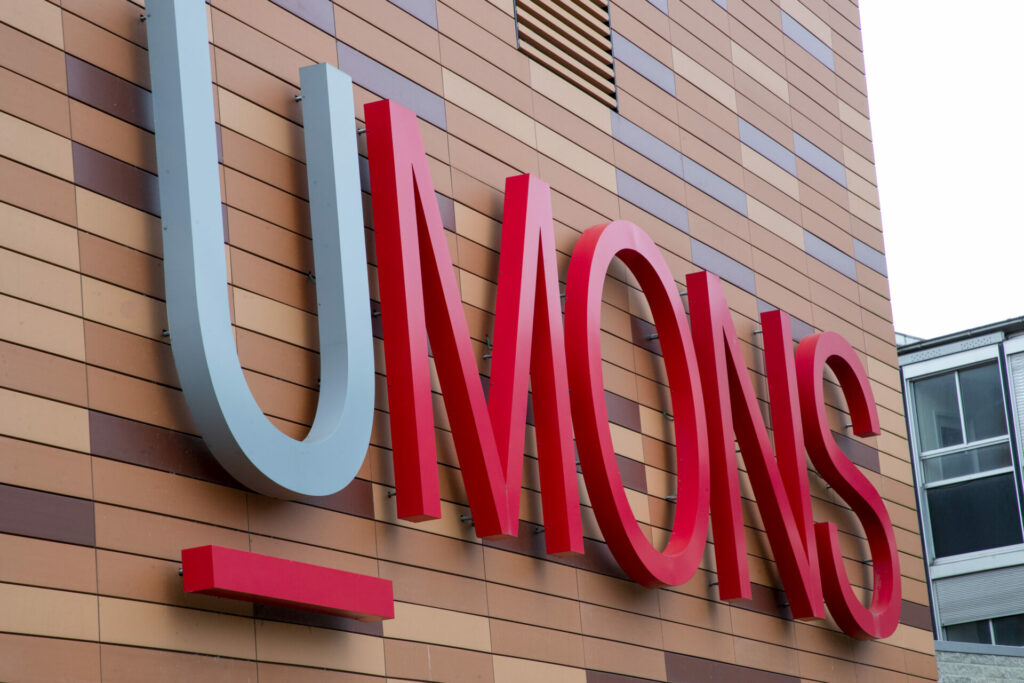Wallonia’s French-speaking University of Mons (UMONS) is set to get its Master's programme in medicine following months of political dispute within the Wallonia-Brussels Federation (FWB). The current ruling coalition finally came to an agreement on Sunday on funding for the new programme, albeit with certain stipulations.
While the project received support from the French-speaking Green Party (Ecolo) and the Socialist Party (PS), the move was vehemently opposed in the coalition by the liberals, Mouvement Réformateur (MR), who previously refused to validate two new academic programs, both in Mons and Namur, citing an elevated financial cost and overfunding of certain students.
The scandal risked bringing down the coalition within the FWB, with the PS leader Paul Magnette threatening to find “an alternative majority” in the French-speaking parliament if MR did not come to an agreement on funding for the two new university programmes.
“We had fears about overfunding of the 70 students in Mons and therefore a loss of funding for other students. We also had fears about the opening of a new university hospital. The guarantees that we obtained, about the arguments that had motivated my refusal, have been met,” said FWB Minister of Higher Education Valérie Glatigny (MR).
The university has already reacted positively to the announcement, after the faculty found itself in the crossfire of political arguments within the French-language community. The new degree will start during the 2024-2025 academic year.
“Ultimately, wisdom prevailed in this case, which was based from the start of factual arguments and objective data that are difficult to refute,” said the rector of UMONS, Phillipe Dubois.
As part of the agreement, UMONS will not benefit from additional funding for its master’s programme, thereby assuring that other degree programmes across the country will not be penalised. The new programme will ultimately cost the FWB another €450,000, which amounts to a 0.01% increase in their 2023 budget.
The new masters in medicine will play an important role for Hainaut province. There is currently no such programme in the region, forcing students to travel elsewhere to continue their studies. PS leader Magnette stated that Hainaut suffers from “historical injustice” in regard to access to higher education, despite being one of the most populous provinces.
Strict conditions
While the master's degree is now approved, the minister has put in place a series of conditions for its approval, many of which could lead to its sudden suspension.

Faculty of Medecine and Pharmacy of the Umons, in Mons, Friday 24 March 2023. Credit: Credit: Belga / Nicolas Maeterlinck
After five years, the Master's, which is offered in cooperation with Brussels’ ULB, will be evaluated based on the potential increase of general practitioners in the surrounding area, along with other factors.
Related News
- University life? A master's class on higher education in Belgium
- Belgian French-speaking universities welcome Ukrainian students
Furthermore, if ULB or UMONS’ collaboration with Brussels’ Erasmus University Hospital stops, or if they seek to build a new university hospital, the programme will be scrapped.
While the announcement is good news for future medical students in UMONS, it may be a while until the educational offering of Belgium’s French-speaking region grows again. The government plans to enforce a moratorium on new authorisations for the next three years.
The university’s chancellor said that the decision to start the medicine master’s programme “will not solve all problems” in Hainaut’s struggling medical sector but says that it help retain medical students within the region.

